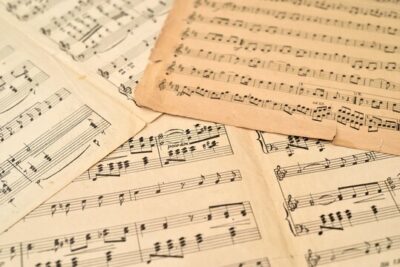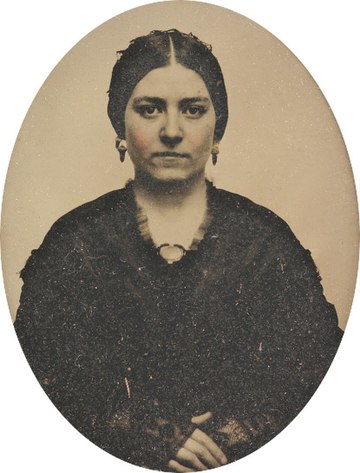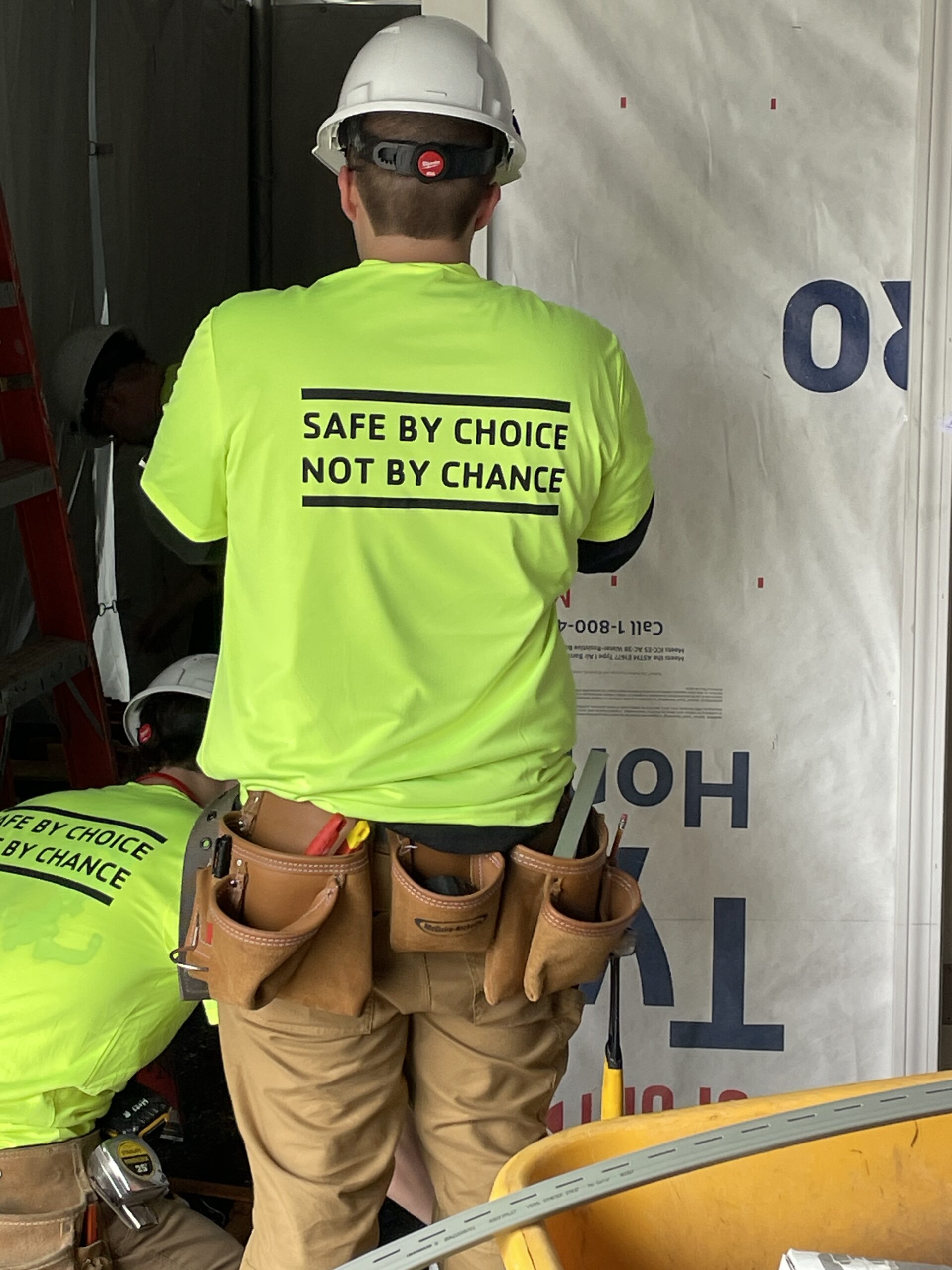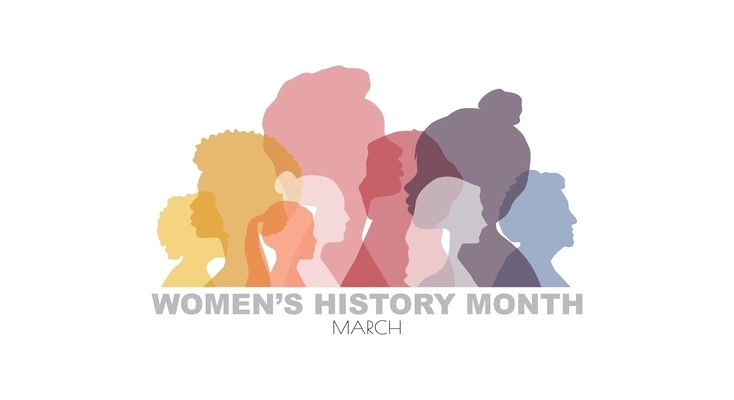September 2024
The question of legacy is on my mind. Maybe this time of year, when we turn the page on another summer, surfaces the thought. Maybe, too, the imminent arrival of our granddaughter. But more specifically, I’ve seen how a friend has moved the question of his legacy front and center with an approach so creative that I want to tell you about it.
The person I’m speaking about is a college friend of my husband Andrew. They have been close friends for more than 50 years, and he is now a friend of mine too. After college, he served in the Navy, went to business school and had a career with the federal government. His real passion, though, is music, as a pianist, choral director, score arranger and all-round contributor to his local music scene. Now he is making his love of music a legacy for his grandchildren and grandnephews.
This fellow has complied a selection of classical music that he loves, one piece for each day of the year. For every one of the 365 pieces, he has written several paragraphs and included a link to an online recording. His writing covers the composer, period and style but also, and this is what really moved me, his personal connection to the music – he has performed some of the pieces, one song describes a location where his mother lived, one composer lives on an island he sailed past (his son, Andrew and I were on the boat with him), and other markers of personal significance.
With this project, he will introduce his 3 grandchildren and 2 grandnephews to music that has filled his life for 70+ years. One of the older kids has already expressed an interest in music, others are too young, but regardless of their eventual musical tastes, all will have, years from now, access to the man and the music that matters to him.

He starts his opus with reflections about his family – going back generations and speculating about the future – and about classical music, now thought to be an endangered species. Then he describes the 3 planes of music – sensuous, expressive, purely musical – laid out by Aaron Copland in his book What to Listen for in Music . (I wasn’t familiar with the book but now have ordered it.) After a few more preliminaries, he dives into the music in reverse chronological order, starting with West Side Story and ending with Gregorian chant.
I am no classical music afficionado. More often I listen to jazz or classic rock, but this compilation has made me realize that it’s time to open myself to a broader range of music. Still, I do know a few of his examples. Amahl and the Night Visitors, the second of his selections, is an opera composed by Gian Carlo Menotti for television, first broadcast in 1951. Both Andrew and I saw it when we were young – he at the Vienna Opera house, I on the TV in our living room – and every year at Christmas we listen to it again, with tears in our eyes, thinking about the story the opera tells and about our parents who introduced us to it. Another selection is Ravel’s Bolero, a piece that puts me right back in my childhood living room, sitting with my father, thrilling to the music’s crescendo.
Other pieces are new to me. For instance, Sure on This Shining Night, a poem by James Agee, was set to music by Samuel Barber and Morten Lauridsen. Both versions are a moving introduction to choral music. And Short Ride in a Fast Machine by John Adams was completely new to me and fantastic. I could go on about other pieces I discovered, but instead will just say that this project has really wowed me. (BTW – Links above will take you to recordings on YouTube.)
Our friend has shared the first 50 pages with Andrew and me, none of it yet with his grandchildren. Another 100 pages will be completed soon and I hope he sends us those, too. I know I will fast forward to Gregorian chant and think about the day I heard monks chanting in a church in Caen, Normandy, the town where William the Conqueror is buried and where a World War II museum is now located.
My excitement about this project is all well and good, but it’s mostly beside the point. This is for the youngest members of his family, not for me.
But it has made me wonder what I will leave to our about-to-be-born granddaughter. So far, I have purchased two books, Make Way for Ducklings and One Morning in Maine. Yes, these are old books, but they mean something to me. Both imprinted themselves deeply on my young self, and they embody the places where I live – the city of Boston and the coast of Maine. Someday, I will take the little one to the corner of Charles and Beacon Streets, where Officer Clancy’s men stopped traffic for the Mallard family, and to Condon’s Garage where Sal, Jane and their father bought a new spark plug for the motorboat. I’ll look for other ways to pass something on, too.
What are your thoughts about legacy?

I look forward to hearing from you, about legacy or anything else on your mind. Also, please share my newsletter with your friends.




